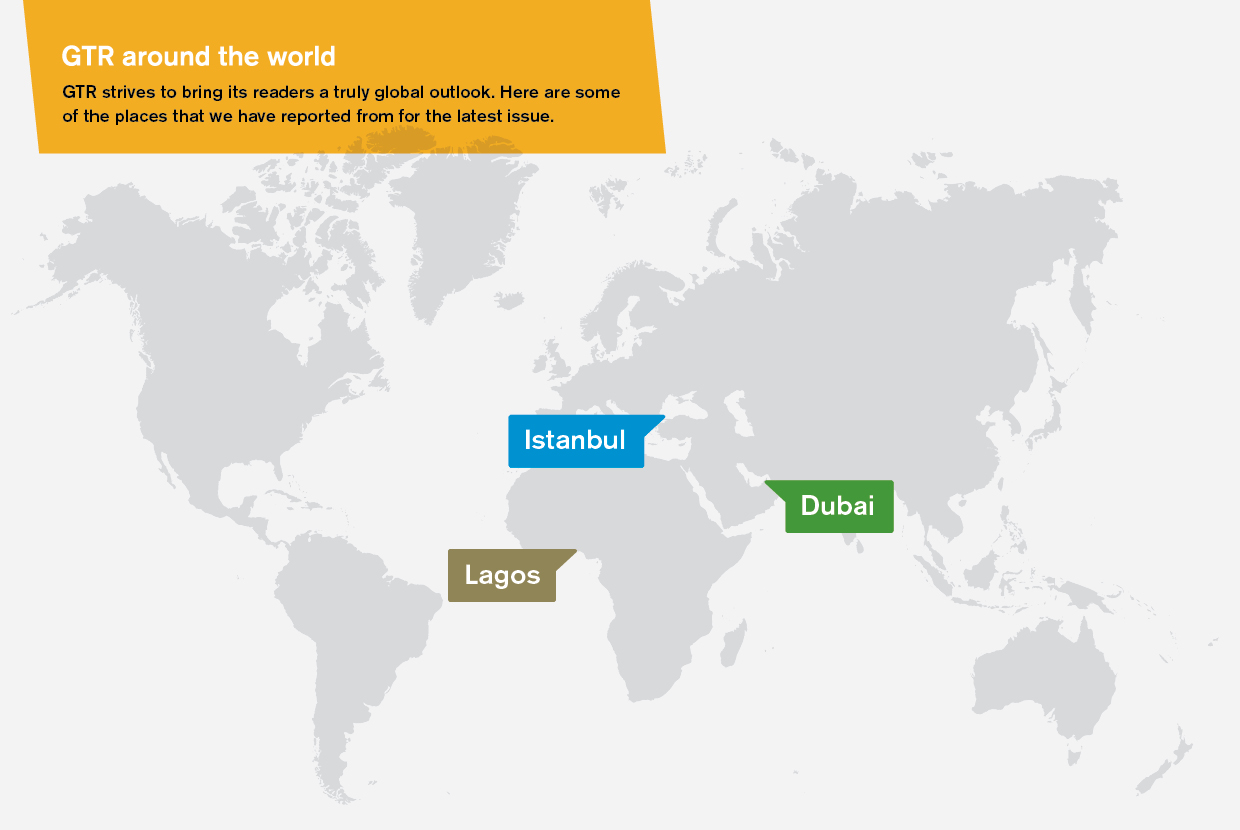To say the world is going through some difficult times is something of an understatement. Our thoughts are with everyone in our trade and trade finance community as we face down humanity’s biggest crisis in our lifetime.
On the business front, the pandemic and essential containment efforts have already resulted in significant business interruption across a wide range of sectors, and we’re only just beginning to understand what the long-term implications could be for trade.
As this publication goes to press, the World Trade Organization has issued a warning that Covid-19 could result in global trade volumes declining by as much as 32% this year, depending on how deep the initial shock is and whether the recovery can start to take shape in the second half of this year. The numbers, as director general Roberto Azevêdo says, are “ugly”, with “inevitable” comparisons to the financial crisis of 2008 and the Great Depression of the 1930s.
Governments, development finance institutions and commercial banks the world over have unveiled a variety of financial support measures, including state-backed guarantees and access to liquidity packages, to meet the demands of the crisis triggered by the pandemic.
These measures have largely been welcomed by the trade community, although, as they’re being rolled out, we’re now also starting to see questions arise as to whether or not these initiatives are sufficient, exactly how they will be spent, and who’s eligible for them. There are concerns too about the lack of harmonisation and co-ordination of these approaches across regions. This may make them difficult for financial institutions to navigate and could prove a costly administrative burden for companies that need to manage conflicting legal schemes.
You will find that a great deal of GTR’s news stories, published online and in these pages, are now dedicated to investigating the impact of coronavirus on businesses, supply chains and finances, the steps that have been introduced to address these effects, and the trends that are evolving, such as the accelerated need for digital solutions to virtually ink trade finance deals and documents.
Nevertheless, as our cover image indicates, this Q2 issue was originally planned – as it traditionally is at this time of year – to cover the GTR Best Deals of 2019. For those who don’t know, this is our annual search for the best deals in trade, commodity, export and supply chain finance and fintech innovation, judged by our in-house editorial team from hundreds of top deals signed in 2019 and sent in by financial institutions and corporates across the globe.
We’re pleased to report that the winning deals, of which there are 15, comprise the largest portion of transactions linked to sustainability efforts than in any year previously. They include four sustainability-linked loans that involve a set of KPIs for the borrowers to improve their sustainability profile and earn a financial incentive; supply chain financing for Danish energy company Ørsted’s suppliers to support its wind farm projects; a revolving credit facility for Neumann Kaffee Gruppe that addresses the economic sustainability of the coffee sector; and export finance transactions for two Taiwanese wind farms that form part of the country’s plans to overhaul its energy production.
Congratulations to all market participants involved in these winning deals.
We hope that the progress of sustainability efforts within the trade finance sector continue despite – or, in fact, in light of – the current pandemic. As BNP Paribas’ Viktor Ivanov, head of sustainability for transaction banking EMEA, outlines in an interview in this issue, it’s striking that some of the companies currently braving volatile conditions to secure vital liquidity continue to structure their financing under a sustainable format. “This tells us something about the strength of the sustainability concept,” he says.
As we all try and figure out what the world will look like post-Covid-19, the fact that sustainability may emerge as an even stronger prospect than before offers a glimmer of hope.







